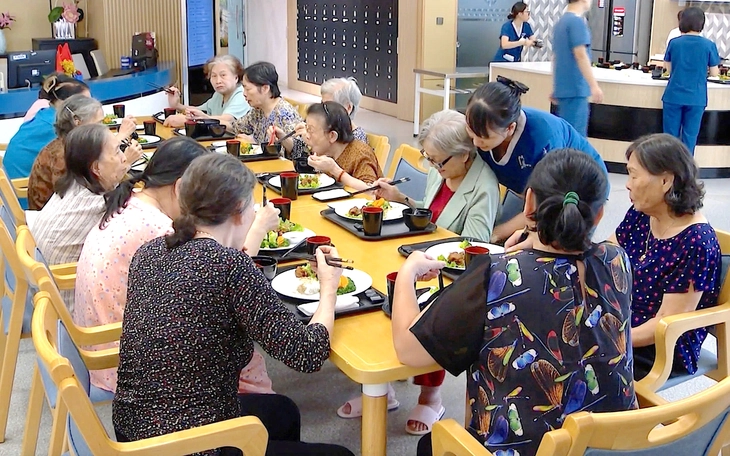
Meals for the elderly at a day care facility in Hanoi - Photo: T.TU
This model opens a new direction, supporting families to take better care of the elderly and is very useful when Vietnam enters the upcoming period of aging population.
"Go in the morning, come back in the afternoon" model
Vietnam entered the population aging phase since 2011 and is among the countries with the fastest aging rate in the world . According to the National Population Data, there are currently about 16.1 million elderly people in the country, accounting for over 16% of the population. It is forecasted that by 2049, 1 in 4 people will be over 60 years old. This means that in the future, Vietnam will face great pressure on health care, mental life and social security for the elderly.
The Ministry of Health said that by 2024, Vietnam will have about 14.2 million elderly people, of which nearly 2 million will be 80 years old or older. The average life expectancy is 74.7 years, but the number of healthy years is only about 65.4 years. On average, each elderly person has to live with 2.7 chronic diseases such as cardiovascular disease, diabetes, bone and joint diseases, memory loss, etc. The elderly are living in the situation of "not rich yet old".
The consequences of population aging put the health system under heavy pressure. The demand for medical examination and treatment, especially for chronic diseases, is increasing while human resources and medical facilities are limited. The cost of health care for the elderly is increasing, putting pressure on the state budget and the health insurance system. In addition, changes in family structure also make home care difficult.
In that context, the need for professional care services for the elderly becomes urgent. Different from the full-time nursing home model, the semi-boarding nursing home model with the form of "cars take you there in the morning, cars pick you up in the afternoon" is considered one of the effective solutions for elderly care.
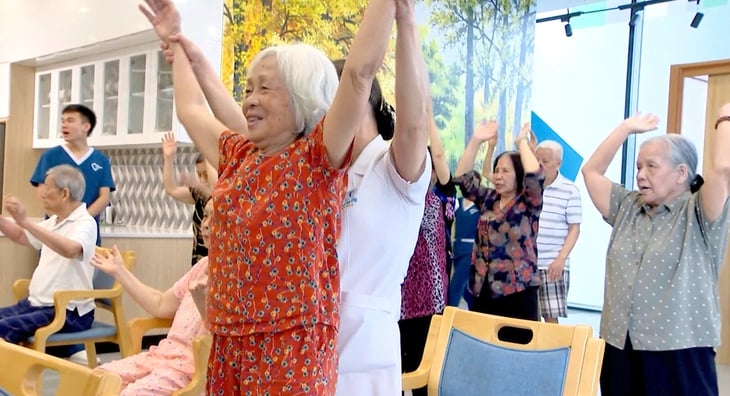
Medical staff take care of and guide the elderly in exercise - Photo: T.TU
Need more support solutions
Speaking to Tuoi Tre , National Assembly delegate Tran Khanh Thu (Hung Yen) said that the prospect of implementing a semi-boarding nursing home model in Vietnam is very promising. This model will meet the needs by providing basic medical services, health check-ups, regular health monitoring, physical activities, psychological counseling and nutritious meals, while helping the elderly avoid feelings of isolation - a common problem in this age group.
However, she believes that the widespread implementation of the model still faces challenges. The first of these is cultural barriers, the tradition that "children rely on their fathers, the elderly rely on their children" can make the elderly and their families hesitant. Some people even think that going to a nursing home is like being "abandoned" by their children and family.
In addition, operating costs, infrastructure, especially in rural areas, and human resources are also barriers. Therefore, to prepare, a comprehensive approach is needed, focusing on changing perceptions.
The female delegate emphasized the need for mechanisms and policies to encourage private units and enterprises to participate in building nursing homes and diversifying the types to ensure they are suitable for the economic capacity of families and the elderly. The State also needs to have support policies, such as subsidies, partial support for the costs of the elderly going to nursing homes or training programs for care workers (nurses) to improve service quality, mechanisms and policies to support participating enterprises and units...
Ms. Mai Thi Huong - Director of Tam An Nursing Home (HCMC) - believes that preschool children have a nursery, the elderly will need a "home for the elderly" for comprehensive care. She said that in recent years, the State, including the health sector, has had many policies to encourage the development of nursing home models.
In particular, Ho Chi Minh City has a project to take care of the health of the elderly, encouraging socialization and public-private cooperation in developing nursing home models. However, the "morning departure, afternoon return" model is still not popular due to difficulties arising from time and distance of pick-up and drop-off, travel... In addition, the general mentality of families and the elderly still wants a long-term stable living plan.
Ms. Huong believes that in the near future, this model will be feasible when applied in large cities with high population density and convenient transportation conditions. Nursing homes, in addition to medical care, hygiene, nutrition, and rehabilitation, must also create a positive spiritual life. Every day at the nursing home must be a happy day, eagerly awaited by the elderly.
In the long term, to determine whether the "morning leave, afternoon return" nursing home model is effective or not, specialized agencies need to have a pilot program to further evaluate actual needs and the ability to meet them. She also recommended that the State consider having a policy to lease land to the private sector for long-term, at reasonable prices, or arrange to re-lease surplus headquarters after the merger to develop the nursing home model. This helps avoid waste and at the same time creates a useful playground for the elderly.
Ms. Huong also said that when forming the "morning go, afternoon return" model, special attention must be paid to the problems that arise during the process of picking up and dropping off the elderly. In addition to limited mobility, the elderly have many diseases that can develop into life-threatening conditions at any time. Therefore, preparing a team with good expertise to assess and provide timely emergency treatment is very necessary.
Forming a multi-layered, diverse network of elderly health care
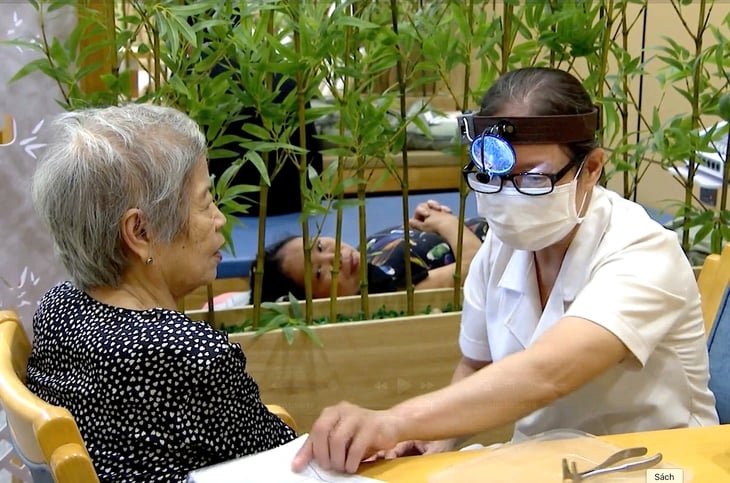
Elderly people receive health check-ups at a day care facility in Hanoi - Photo: T.TU
In order to prepare for the period of increasing elderly population, the Ministry of Health has developed a project "Building and developing elderly healthcare staff in the community and elderly healthcare facilities by 2030, vision 2045".
Dr. Nguyen Xuan Truong, head of the Department of Elderly Affairs of the Population Department, said the draft project aims to form a multi-layered, diverse healthcare network for the elderly, including home care, community care, and boarding and lodging facilities.
The highlight of the project is the establishment of a health care team for the elderly in communes and wards, consisting of medical staff, population collaborators and members of the Elderly Association. The teams will undertake the tasks of health monitoring, nutrition counseling, rehabilitation and mental support right at the place of residence. Community health care points will be deployed at cultural houses and residential centers, operating on the principle of not increasing staff, making the most of existing resources.
Regarding human resources, the project proposes to add the profession of "elderly care worker" to the national occupational list, opening up training codes from elementary to university level. The goal is that by 2030, at least 30% of vocational training institutions will provide training in this profession and 50% of commune and ward health stations will have nurses in charge of caring for the elderly.
The project also focuses on developing health care facilities for the elderly. The facilities must ensure service quality standards, diversify types and mobilize social resources. In particular, the semi-boarding care model will be given priority for widespread implementation in district health centers, rehabilitation facilities and traditional medicine.
Mr. Le Thanh Dung, Director of the Department of Population, emphasized that this is a strategic step, preparing professional care workers to meet long-term needs in families, communities and specialized facilities to cope with population aging. The development of modern care models, especially semi-boarding care, not only brings practical benefits to the elderly but also contributes to protecting traditional values, helping children and grandchildren feel secure in their work and family ties in a rapidly changing society. This is an inevitable direction for Vietnam to proactively adapt to an aging society, ensuring social security for all citizens in the final stages of life.
Semi-boarding nursing homes suitable for the Vietnamese context
The model of residential care for the elderly is not new in Vietnam. Previously, some localities had implemented a model of day care for the elderly.
During a previous working trip to Tan An City (formerly Long An), Deputy Minister of Health Nguyen Thi Lien Huong highly appreciated the local efforts in caring for the elderly. She said that daytime health care for the elderly is very necessary and the society has a very high demand.
According to a survey, on average, each elderly person will suffer from at least 3 diseases. The health of the elderly is often affected by factors such as economic conditions, not being able to hire a caregiver, not having relatives to take care of them closely... Many families now want to take their grandparents and parents to the center in the morning to have their health monitored, have fun, and socialize, and then pick them up and take them home in the afternoon.
"This is a model suitable for the modern context, helping to reduce the burden on families while meeting the professional care needs of the elderly," said Ms. Huong.
Source: https://tuoitre.vn/vien-duong-lao-ban-tru-loi-ra-khi-dan-so-gia-20251106223922384.htm






![[Photo] Da Nang: Hundreds of people join hands to clean up a vital tourist route after storm No. 13](https://vphoto.vietnam.vn/thumb/1200x675/vietnam/resource/IMAGE/2025/11/07/1762491638903_image-3-1353-jpg.webp)



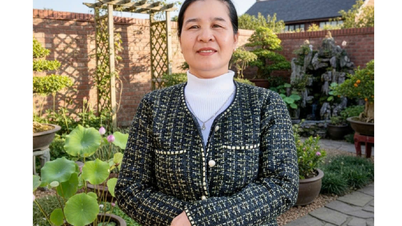

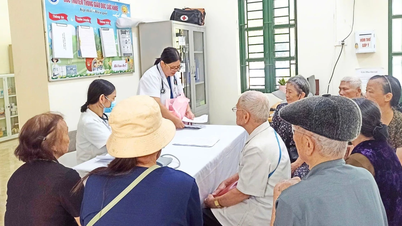

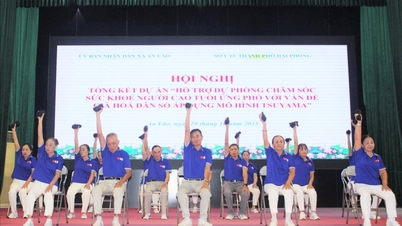





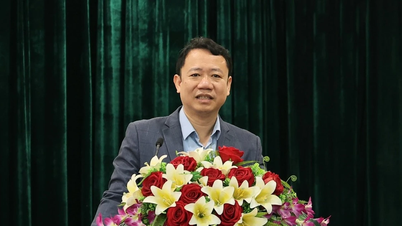



















































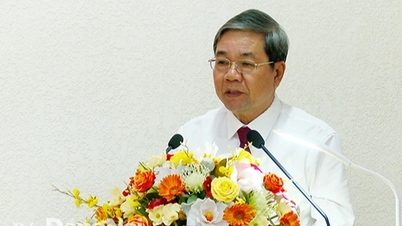
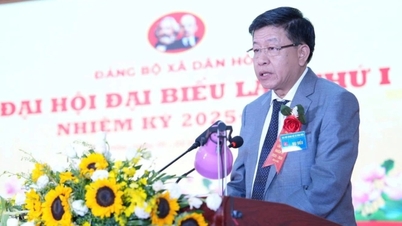



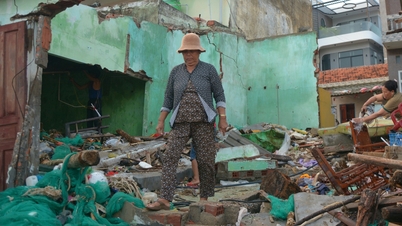




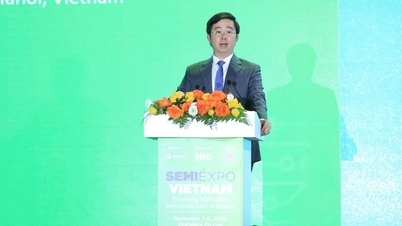

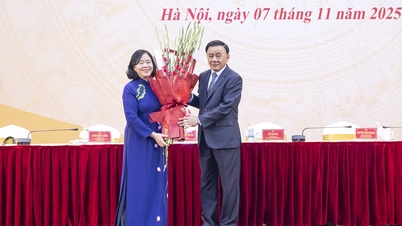




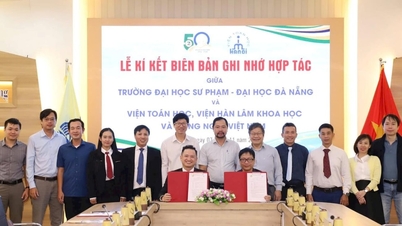

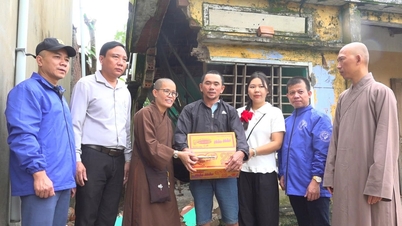
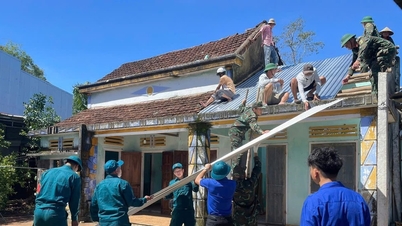
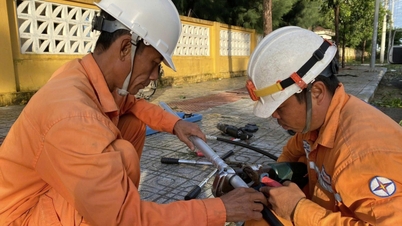

















Comment (0)